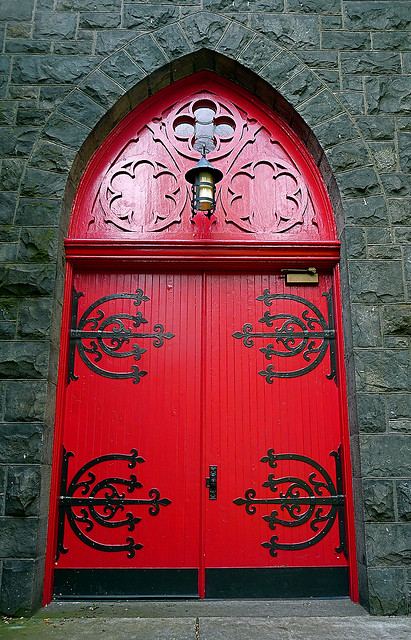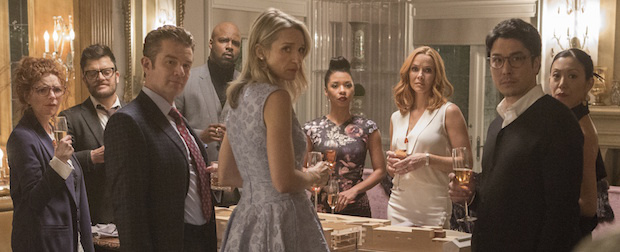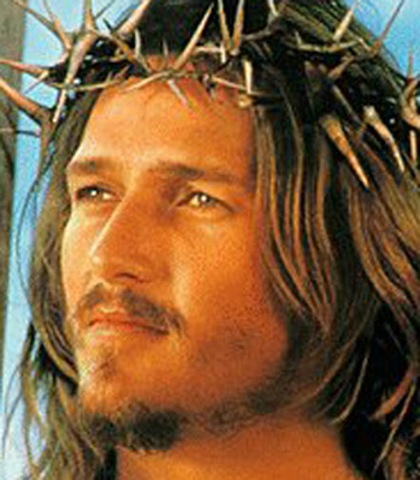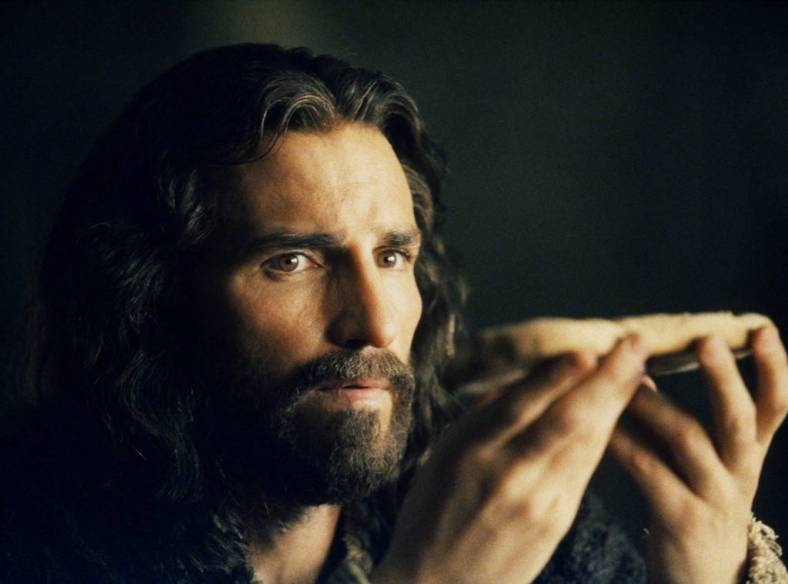
Two weeks ago, my friend Shirley came to visit from Atlanta.
We met during a Spiritual Formation conference at Eastern Mennonite Seminary in June 2016. I was a Christian “none” who wore pink Chucks and asked unnerving questions. She was a purple-haired Episcopalian who wrote a thesis on Buddhism and Christianity and talked openly about how much she loved her cats.
We became fast friends.
Shortly after my husband and I married, she sent me a message about her plans to attend a conference in Alexandria, about an hour’s drive from our abode in Ashburn. She asked if we could loan her our couch, our kitties, and our board games.
I was more than happy to oblige.
The weekend was filled with lots of laughter, IPAs (for her and my husband), storytelling, and yummy food. It was refreshing, energizing, and wonderful for all of us.
And then Shirley had to ask me, the absentee Christian who had all but abandoned traditional church, if I was planning to attend a worship service on Sunday.
I wanted to be a good hostess and a good friend, and I figured if I was going to creep back into regular church again, Shirley would be a great person with whom to do this. As such, we spent Saturday evening surfing the web for local Episcopal congregations. We decided against the one 10 minutes down the road, whose website boasted a picture of an altar-housed American flag, in favor of a non-flag-flying church in a small town about 30 minutes away.
For the first Sunday in nine months, I found myself crossing the threshold of the red door characteristic of Episcopal churches.
It was a tiny sanctuary, quaint if you will. Most of the pews were empty, and the occupied ones contained no more than 3 people each. There were no kneeling bars, but there were adorable cushions embroidered with scenes both biblical and rural, from the Magi following the star to a map of the state of Virginia, from the Annunciation to cats snuggling in wicker baskets.
I also winced in internal discomfort when I noticed a plaque dedicated to past church members who served the Confederacy right above the pew of a black family in attendance.
My eyes and thoughts remained, for the most part, on this jarring example of Christian racism during the opening prayers and music. But the priest’s sermon drew my focus away from the walls. A seasoned metropolitan priest new to this particular parish, he began his sermon with jokes about Virginia Tech and University of VA fans and ended by calling out his own racism and the racism of our current administration and white Christianity, all while walking among us instead of standing behind his pulpit.
I sighed in relief upon realizing there are those who resist systemic evil in the name of Jesus, exist in flesh and blood, and do not just use Twitter as their pulpit.
After the sermon, as is traditional with an Episcopal service, we prepared for Eucharist, a meal I had not consumed at the altar in such a long time. So when the time came, I walked up to the bars, knelt before the priest, and partook of the bread and wine again.
Despite the hiatus, I did my best not to consume the meal too hastily. I savored the light, delicate wafer as it sat on my tongue and as I slowly chewed it. I let the small sip of wine saturate my taste buds, rich and sweet, before letting it fall down my throat.
It had been so long since I had known those particular tastes, and I wanted to hold onto them as long as I could.
After final prayers and final songs, and after taking pictures of our favorite kneeling pillows, Shirley and I had lunch at a nearby cafe, which boasted a much larger attendance than the tiny congregation. Over turkey sandwiches, kettle chips, pickles, and Coca Cola, we talked about God’s restorative work, living with mental illness, and eradicating white privilege and supremacy. In short, we had communion one last time.
And as I said my good-byes to my friend, I realized I had enjoyed my time with the congregation.
Yes, I had issues with the plaques on the walls, but I also had hope that restorative work could be done.
Yes, it was a 30 minute drive on a chilly morning, and it had been a bit unnerving to step into a church building again, but I had partaken of a physical and emotional communion, and I felt refreshed and excited.
To be honest, I do not know if this congregation will become my faith community, if I will search for one closer to my own home, or what my next step in this journey will be.
But I know that as long as my spiritual pilgrimage lasts, there will always be those to house me along the way, from visiting friends to small town churches with cat pillows, and everywhere in between.





























